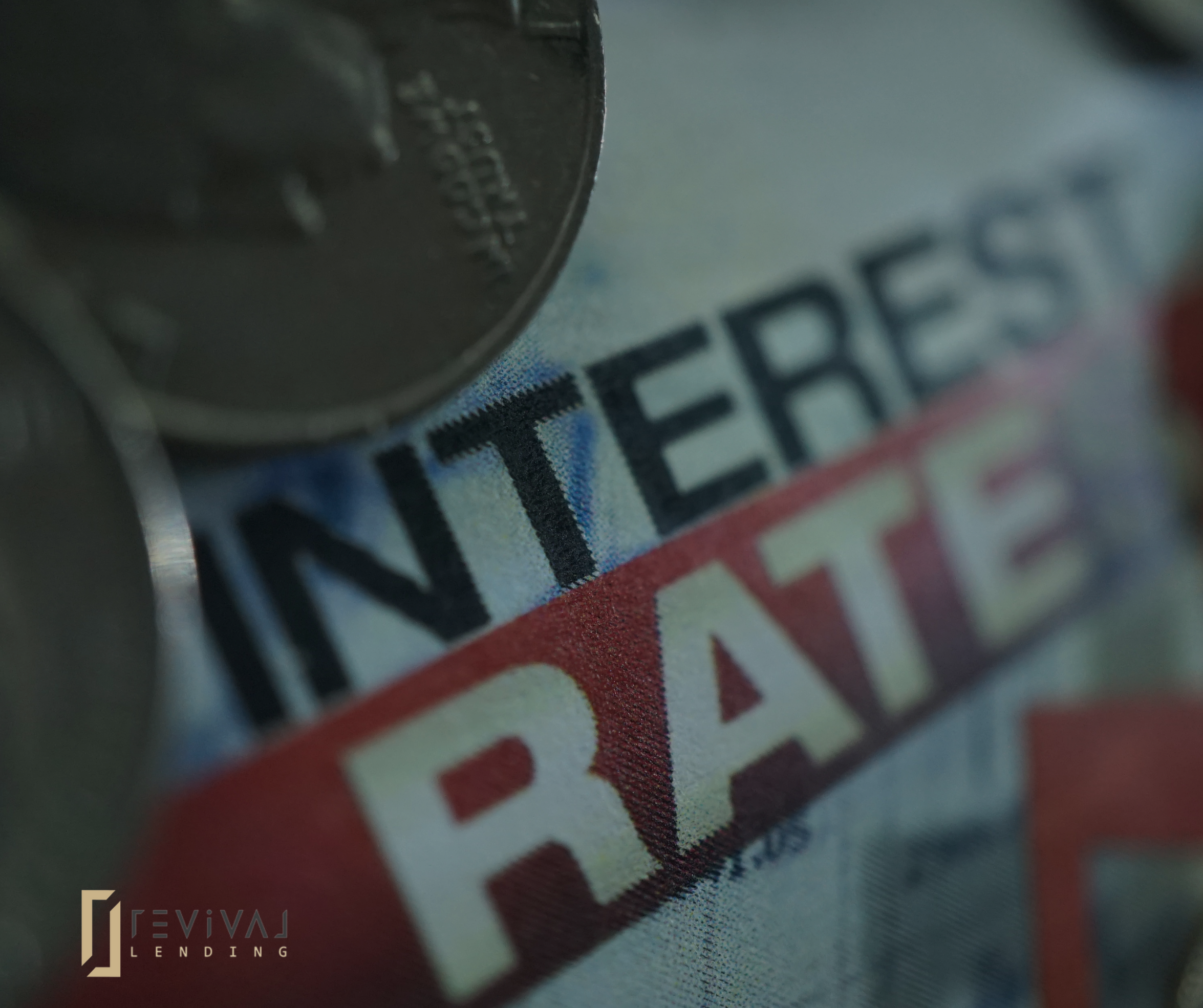For those looking to buy a home the question most asked is “Is there hope for mortgage rate relief?”. Recently, Jerome H. Powell, the Federal Reserve chair, made clear that the central bank is preparing to react to recent signs of economic strength by raising interest rates higher than previously expected. Not only would rates rise but potentially return to a quicker pace of rate increases. Sounds like bad news for prospective homebuyers, right? On the contrary, it may be the biggest hope current and future homeowners have for lower long-term mortgage rates. But why? Let’s look at how inflation and interest rates are interconnected.
Inflation Rate vs Interest Rate
Inflation and interest rates are key factors affecting the economy and people’s finances. The inflation rate is the rate at which the general level of prices for goods and services rises. Interest rates are the cost of borrowing money or the return on saving money. Understanding how these two factors are connected can help you make informed financial decisions.
High Inflation Rates
High inflation rates tend to raise long-term mortgage rates. When inflation rises, the value of money decreases. Why? Because higher inflation rates erode the purchasing power of money over time. Since the value of money is volatile, lenders are less willing to lend money for long periods at a fixed rate. This change means borrowers must pay higher mortgage interest rates to compensate lenders for the inflation risk.
Furthermore, high inflation also tends to increase the demand for higher yields on long-term investments such as bonds. Mortgage rates are typically tied to long-term bond yields. The increase in demand for higher yields also contributes to higher mortgage rates.
So, what can be done to control inflation and lower long-term mortgage rates? One of the tools the Fed uses to control the overall level of economic activity and inflation is raising short-term interest rates.
Controlling Inflation Rates
This is where the Federal Reserve (Fed) comes in. The Fed is the central bank of the United States and is responsible for setting monetary policy. When the Fed raises short-term interest rates, it makes borrowing more expensive, which can decrease consumer and business spending. This decrease in spending can help slow down economic growth and inflation in the long term. Reducing the demand for goods and services means less upward pressure on prices, which can help keep inflation in check.
Likewise, raising short-term interest rates can also make holding money in bank accounts more attractive; encouraging people to save rather than spend. This can also reduce demand for goods and services and help slow economic growth and inflation.
Raising short-term interest rates can also impact long-term interest rates, such as those for mortgages and bonds. When the Fed raises short-term interest rates, it can signal to investors that the economy is slowing down, which can lead to a decrease in demand for long-term investments. As a result, long-term interest rates may decrease, which can help reduce the risk of inflation in the long term.
The Way Forward
So, is there hope for mortgage rate relief? In summary, high inflation rates tend to raise long-term mortgage rates because it increases the risk and reduces the value of money over time. Lenders mitigate their risk by charging higher interest rates. Raising short-term interest rates by the Fed is seen an option to lower long-term inflation because it slows down economic growth, reduces demand for goods and services, encourage savings, and lowers long-term interest rates.
Understanding how these factors are connected can help you make informed financial decisions in choppy economic news. The good news is you don’t have to navigate these times alone. We are here to help.
Revival Lending – Certified Mortgage Advisors
At Revival Lending, we are Certified Mortgage Advisors. We will work to design a customized loan solution to facilitate your goals. We want to earn your business over a lifetime, not just through a one-time transaction. Therefore, we promise to take the time to truly understand your goals and help you map out a plan to use your mortgage and home to reach them. Set up an appointment with us today. I promise you will not be disappointed. Call 714-257-5284 or email us to schedule a complimentary mortgage review today.

comments +